A division bench of Chief Justice Raj Awasthi and Justice Krishna S Dixit said “In the above conditions these writ petitions succeed. The Karnataka Police (Amendment) Act 2021 to the degree provisions we have said, not the whole act is struck down is proclaimed to be ultra vires to the constitution and struck down.”
Karnataka High Court Strikes Down Law Banning Online Gaming With Stakes
The Karnataka High Court on Monday held specific arrangements of the Karnataka Police (Amendment) Act 2021, by which the state government has prohibited online games with stakes to be ultra vires to the Constitution and struck them down. The Act gives the greatest detainment of three years and punishment of up to Rs. 1 lakh for violation of the provisions.
A division bench of Chief Justice Raj Awasthi and Justice Krishna S Dixit said “In the above conditions these writ petitions succeed. The Karnataka Police (Amendment) Act 2021 to the degree provisions we have said, not the whole act is struck down is proclaimed to be ultra vires to the constitution and struck down.”
“A writ of mandamus is given restraining the respondents from disrupting the online gaming business and associated exercises of the petitions”, the Court added.
It added “The results of striking down the provisions will follow. Be that as it may, nothing in this judgment will be interpreted to keep a proper regulation from being achieved, concerning the subject of wagering and betting as per the provisions of the Constitution.”
A detailed copy of the judgment is yet to be uploaded.
Similar regulations prohibiting online gaming in Kerala and Tamil Nadu have been struck down by the Kerala and Madras High Courts individually. The Kerala High Court had struck down a state regulation forbidding online rummy. Prior, the Madras High Court had struck down a regulation passed by the Tamil Nadu assembly forbidding a wide range of online games, including skill-based games like poker and rummy, played for stakes.
The Karnataka High Court on December 22, 2021, had reserved its order on a bunch of petitions challenging the constitutional legitimacy of the Karnataka Police (Amendment) Act 2021, by which the state government has restricted online gaming and wagering. The Act gives the greatest detainment of three years and punishment up to Rs. 1 Lakh for violation of the provisions.
The hearing about the petitions before the division seat started on November 12, 2021. At first, the matter was being heard for grant of interim relief yet on the assent of all the counsels, the matter was at last heard by the court.
Dr. Abhishek Manu Singhvi, showing up for one of the petitioners had contended that there is a differentiation between Game of chance and games of skill. “Game of chance alone can be controlled with the result of forbidding by state specialists. Alternately, state legislatures have no ward to boycott games of skill. This differentiation has been in presence for quite a long time, he said.
Reliance was put on Supreme Court decisions on account of R. M. D. Chamarbaugwalla versus The Union Of India, Dr.
K.R. Lakshmanan versus State Of Tamil Nadu And Anr and others.
Senior Advocate Mukul Rohatgi, showing up for another petitioner, contended that the object of the Amendment Act was to stop the game of chance and betting. In any case, in that process, treating a game of skill under a similar head is erratic and the lawmaking body is in exceed of the decisions of the Supreme Court, which have permitted games of skill.
He likewise fought that, “Assuming I take this Amendment Act the way things are today, on the off chance that I am playing a round of chess online and we say the victor will remove a sum, it will add up to an offense. The Act takes into its compass acts which are not betting.”
Senior Advocate C Aryama Sundaram, showing up for the All India Gaming Federation battled that, “All my members don’t offer outsider viewership. These online games are simply accessible to real players. He (player) isn’t betting on another person’s skill. I (player) need to take an interest in a game that is a game of skill and afterward betting subsequently. The inquiry is whether this will add up to betting and fall under Entry 34 of List 2 of the Constitution.”
Depending on Supreme Court decisions and that of Madras High Court and Kerala High Court which have struck down comparable regulations, he contended, “the status quo which has been in power for a very long time and has not been adjusted about the game of skills, particularly when the games are controlled by the Federation itself should proceed.” Further, “Prima facie case of balance of comfort is made out and without a stay, this large number of individuals (organizations) will leave the business. It isn’t so much that we are in an irreversible condition, if the court holds that act is substantial, let the restriction produce results from that day.”
Senior Advocate DLN Rao showing up for another petitioner additionally attacked the Amendment Act on the grounds of authoritative ability and it being infringing upon Article 19(1) (g) of the Constitution. He said, “At first sight, the case is made out and the entire change is without the power of regulation.”
Senior Advocate Sajan Poovayya, showing up for three petitioners had presented that when the legislative competence is challenged, the assumption of lawfulness won’t come in the way.
State Government Opposed the petitions:
Advocate General Prabhuling K Navadgi, showing up for the state government had gone against the requests saying that the Amendment act is a social regulation whose object is to restrict action which is damaging to general wellbeing and order.
Encouraging the court to bifurcate between the game of skill and chance, it was said that skill games are not restricted. Navadgi argued that the state government has the authoritative skill to sanction the law. “This is certainly not a disproportionate regulation,” he said. Referring to the number of criminal cases enlisted across the state it was said, “This regulation can’t be tossed out on the ground of legislative competence. Since it goes under Public request.”
Navadgi additionally presented that, “At last the thing we are controlling is the wagering or coordinated wagering, and to say that if I bet on a game of skill isn’t betting, has no establishment.” He had added that “We treat this (online betting) significantly more perniciously than liquor.”
Navadgi additionally referred to section 78 of the Act and said that “Betting or wagering, to place it in straightforward words, is assortment or soliciting bet from somebody or I receive or circulate the costs either in prices or in any case, then, at that point, betting and wagering is finished. Assuming anyone takes a chance with their money by requesting or wagering on an obscure aftereffect of an occasion, either in money or if not sums to betting and wagering. The obscure outcome can be a game of chance or game of skill.”
Concerning the Fantasy Games, it was contended that “Fantasy games are only wagering.”
Case Background:
The Amendment Act came into power on October 5, it incorporates all types of betting or wagering, including in the form of tokens valued in terms of money paid before or after the issue of it. It has prohibited electronic means and virtual money, electronic exchange of assets regarding any game of ‘chance’. Nonetheless, there is no restriction on lottery or wagering on horse races on any racecourse inside or outside Karnataka.
The statement of objects and reasons states: “It is viewed as vital further to amend the Karnataka Police Act, 1961 Karnataka Act of 1964, to accommodate the compelling requirement of the provisions of this Act by making offenses under Chapter VII and section 90, 98, 108, 113,114 and 123, as cognizable offense and non-bailable except section 87, which is made cognizable and bailable.”
Further, “Incorporate the use of the cyberspace including computer resources or any communication device as defined in the Information Technology Act, 2000 during the process of gaming, to check the danger of gaming through the internet, mobile application, to upgrade the discipline for gaming for the systematic direct of residents and to wean them from the bad habit of betting.”
Credit: LiveLaw.in


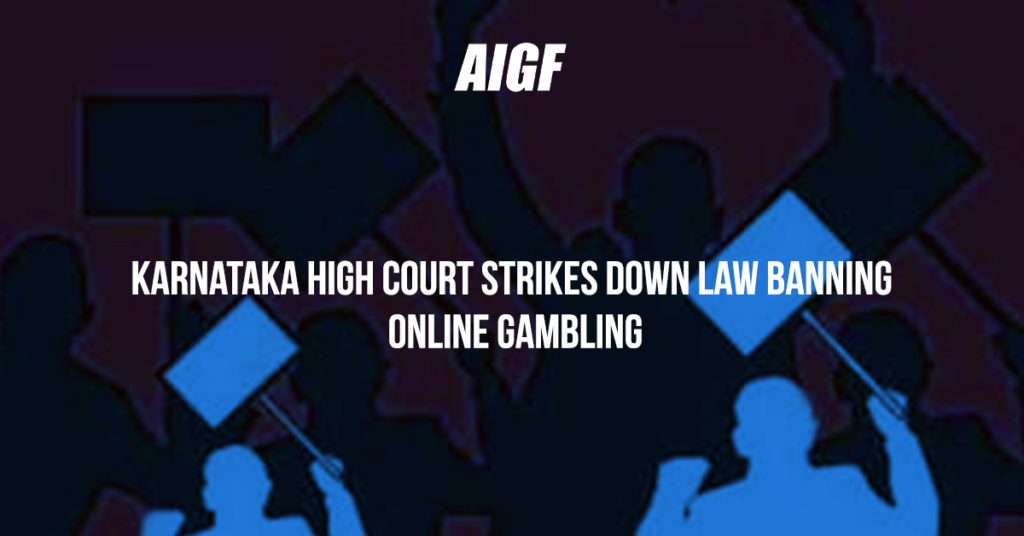

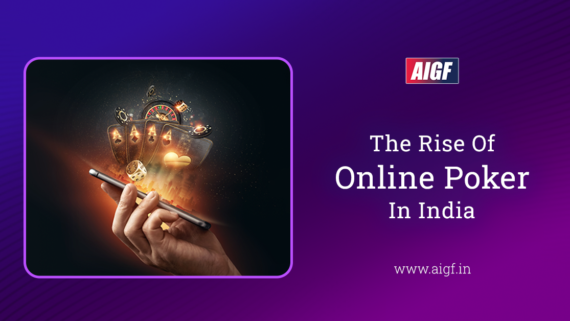
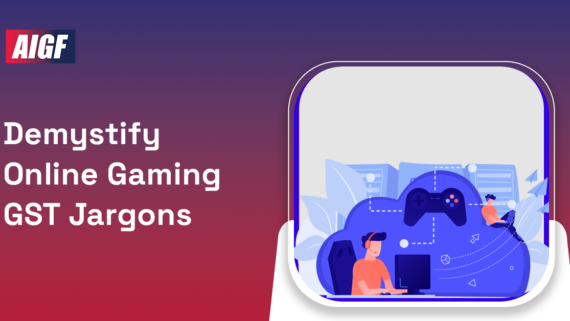
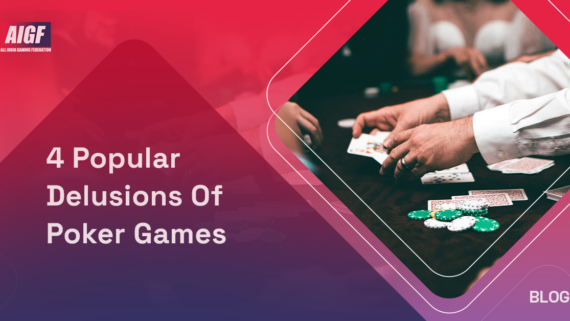
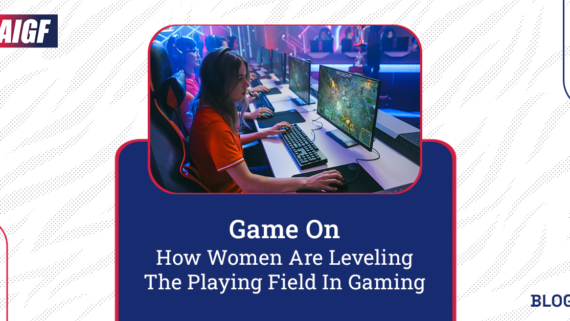

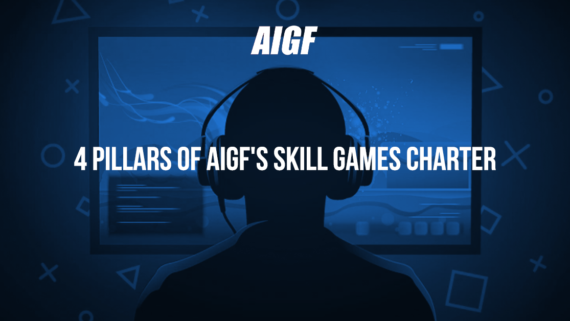

Comments
Comments are closed.